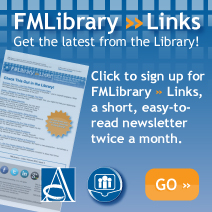|
|
|
|
Free Management Library One of the world's largest collections of free, online resources for organizations.  |
Nonprofit Entrepreneurship ServicesSome Questions and Answers About
|
|
|
|
|
Free Management Library One of the world's largest collections of free, online resources for organizations.  |
Nonprofit Entrepreneurship ServicesSome Questions and Answers About
|